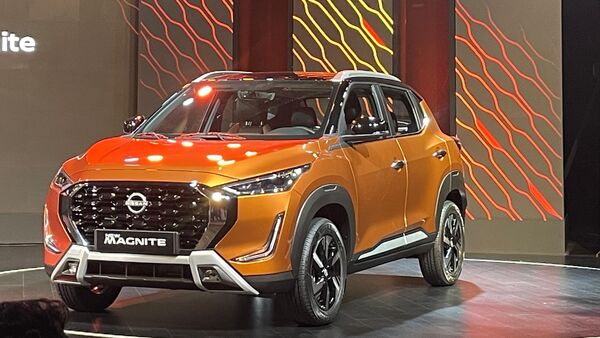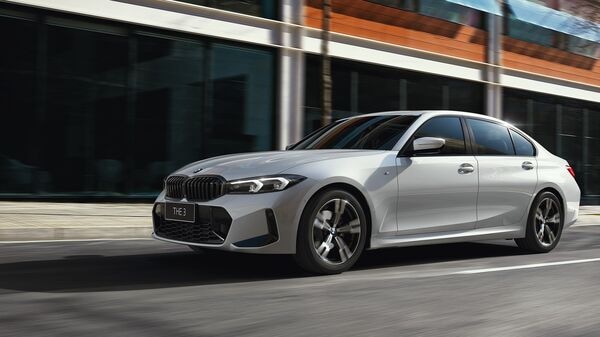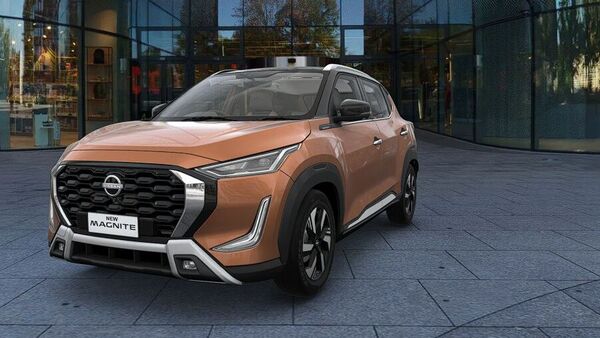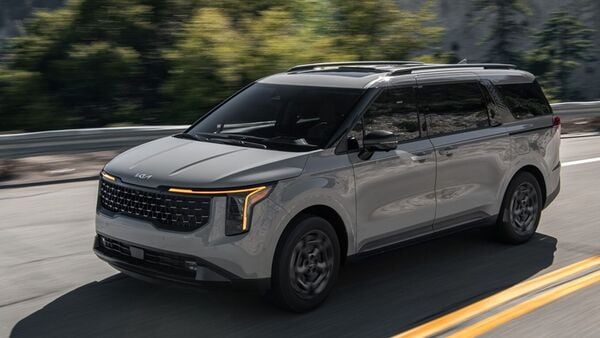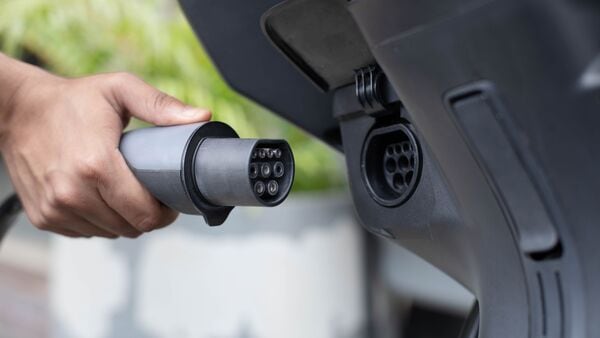
Interest in EVs declines in US despite wider selection. Here’s why
4 months ago | 37 Views
Despite an increasing variety of electric vehicles (EVs) on the market, American drivers in 2024 are showing less interest in purchasing them compared to 2023, according to a new study by J.D. Power. The annual Electric Vehicle Consideration (EVC) report, which polled over 8,000 drivers between January and April, revealed a drop in the percentage of those "very likely" to consider buying an EV, from 26 per cent in 2023 to 24 per cent in 2024. Similarly, those "overall likely" to buy an EV decreased from 61 per cent to 58 per cent.
Generation Y, individuals born between the early 1980s and mid-1990s, remains the most inclined age group towards EVs, with 32 per cent considering a purchase. However, this number has also fallen by 5 percentage points. Both Gen Y and their younger Gen Z counterparts (born from the mid-1990s to early 2010s) cite the high cost of EVs compared to traditional internal combustion engine (ICE) vehicles as a significant barrier.
The most prominent concern across all age groups is the charging infrastructure. Despite an increase in the number of charging stations over the past year, 52 per cent of respondents in 2024 expressed worries about charging options, a 3 per cent rise from the previous year. Other common deterrents include the driving range of EVs, charging time, and the lack of charging facilities at home or work.
J.D. Power analysts attribute the declining interest in EVs to several factors. High interest rates and generally low gas prices diminish the financial appeal of EVs. Additionally, a lack of understanding about available incentives and a slower rate of new model introductions compared to previous years also hinder EV adoption.
The study highlights a significant drop in interest among drivers who commute long distances daily (46-60 minutes). The percentage of these drivers considering an EV plummeted by 13 points to just 24 per cent. Conversely, households seeking an additional car are much more likely to consider an EV (68 per cent) compared to those looking for a primary vehicle (47 per cent).


